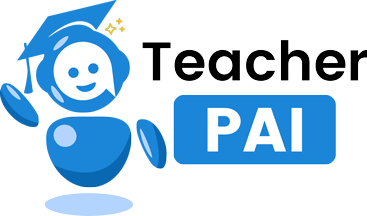“Developing Skills. Building Confidence. Achieving Success.”
Mastery equips students with essential 21st-century skills—critical thinking, collaboration, communication, creativity, and digital literacy—through a structured six-phase, project-based learning process. Participants explore their strengths, engage with community and digital trends, and complete a final action project to demonstrate their competencies in diverse, real-world contexts.
Goal
To cultivate the core capabilities students need to thrive academically, personally, and professionally in the 21st century.
Skill Objectives
Participants will improve the following skills:
- Problem-solving skills – the ability to adapt and apply strategies across 21st-century and life-skill challenges
- Research skills – the ability to explore emerging trends, technologies, and competencies needed for global success
- Management skills – the ability to set goals, prioritize tasks, and sustain growth in personal and professional arenas
Outcomes
- Enhanced problem-solving, communication, and digital fluency
- Stronger teamwork, creativity, and adaptability
- Improved readiness for college, careers, and civic life
- A completed portfolio or capstone project showcasing 21st-century skills
Benefits
Benefits of 21st-Century Skills
- Encourages Engagement and Real-World Application
Students believe that the development of 21st-century skills (e.g., collaboration, communication, creativity, and critical thinking) allows them to apply their learning in real-world contexts, especially in English Language Teaching (Rahmatika, 2023). - Integrates Academic and Professional Relevance
Project-based learning allows students to master 21st-century skills while completing authentic tasks, increasing relevance and long-term retention (Beckett, 2023). - Improves Assessment Outcomes in Higher Education
Assessing for 21st-century competencies such as innovation, collaboration, and critical reasoning leads to improved academic outcomes in colleges and universities (Sam et al., 2024).
References
- Rahmatika, D. (2023). 21st century skills and learning environments: ELT Students’ perspectives. Retrieved from https://files.eric.ed.
gov/fulltext/EJ1392591.pdf - Beckett, K. (2023). Project‑based learning for 21st‑Century Skills. Retrieved from https://dr.lib.iastate.
edu/bitstreams/8217095c-d1f4- 4130-b44f-b8096630f91e/ download - Sam, R., et al. (2024). The Impact of Assessment for 21st Century Skills in Higher Education Institutions. International Journal of Advance Social Sciences and Education, 2(1), 19–42. Retrieved from https://journal.
multitechpublisher.com/index. php/ijasse/article/view/1378





